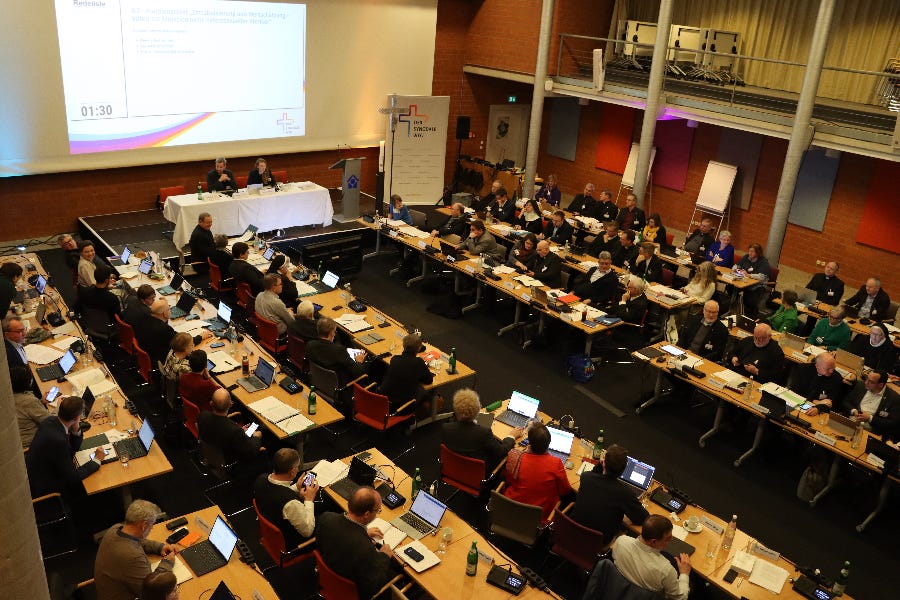German Church to draft statutes for ‘national synodal body’
Organizers of Germany’s 'synodal way' will draw up the statues after the Vatican rejected an initial blueprint
Organizers of Germany’s “synodal way” are expected to draw up draft statutes for a “national synodal body” in the coming months, after the Vatican rejected an initial blueprint for a permanent decision-making institution composed of bishops and lay people.

